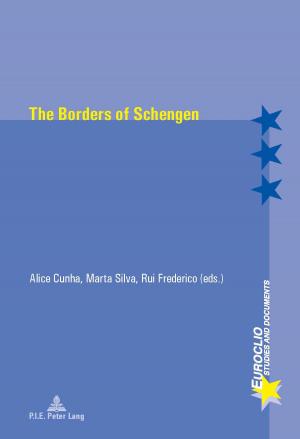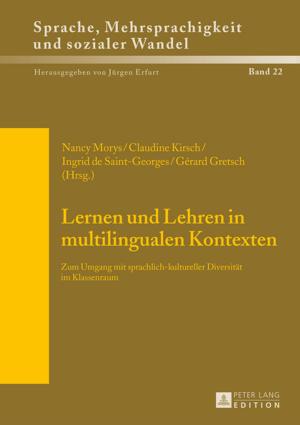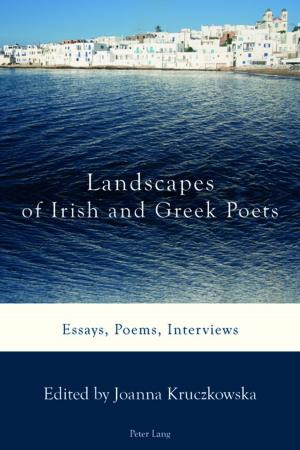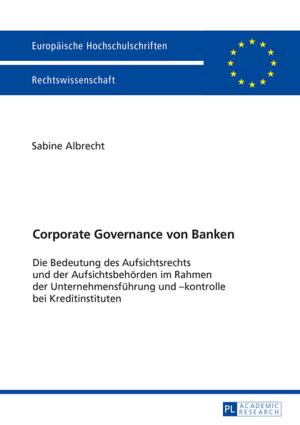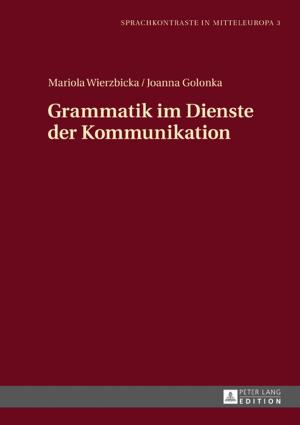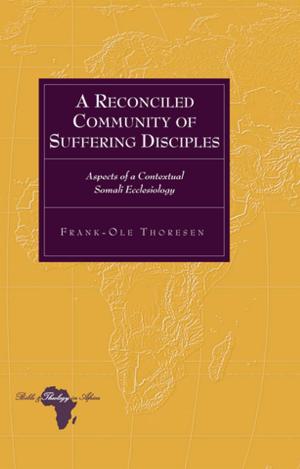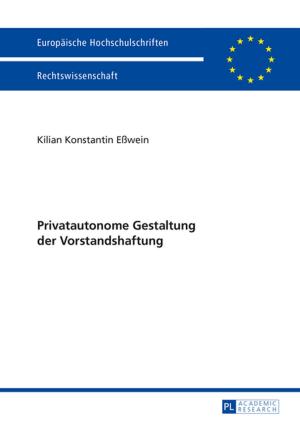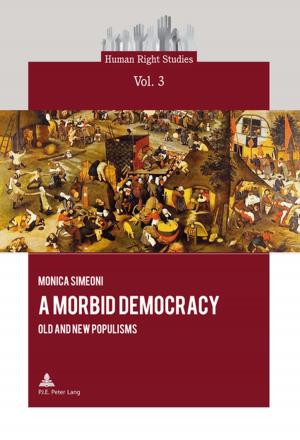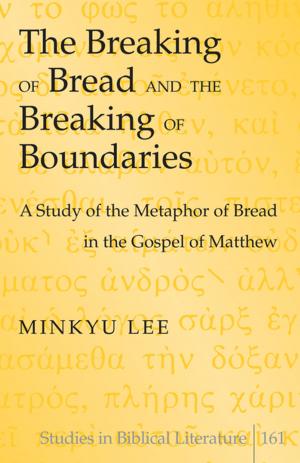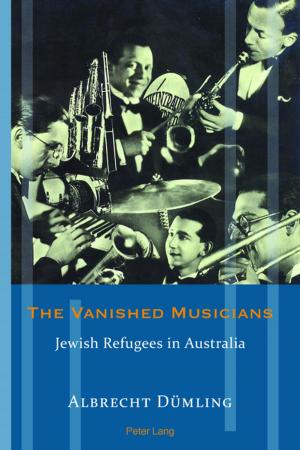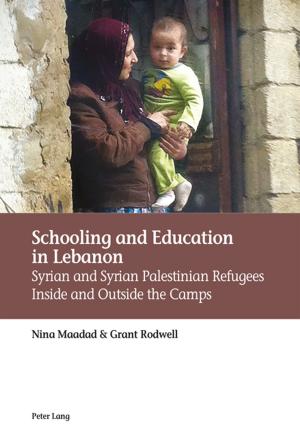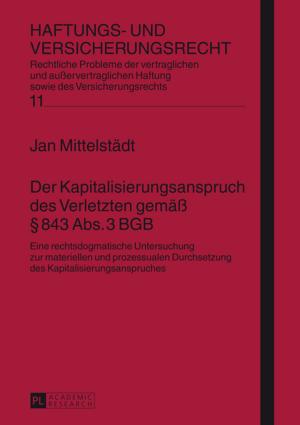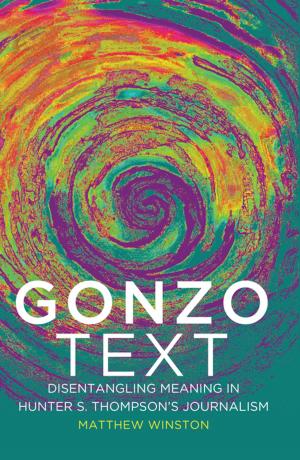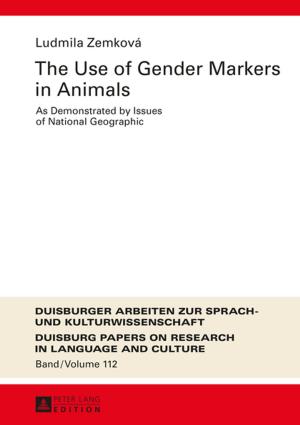| Author: | ISBN: | 9783035298192 | |
| Publisher: | Peter Lang | Publication: | July 31, 2015 |
| Imprint: | Peter Lang AG, Internationaler Verlag der Wissenschaften | Language: | English |
| Author: | |
| ISBN: | 9783035298192 |
| Publisher: | Peter Lang |
| Publication: | July 31, 2015 |
| Imprint: | Peter Lang AG, Internationaler Verlag der Wissenschaften |
| Language: | English |
This book revisits the notion of World Literature and its applications in Comparative Literature. It suggests the notion not as a means to sift out international paradigms for reading literatures, but as a set of guidelines for the construction of interlocking and/or reciprocally illuminating multilingual literary clusters. These ensembles are of very diverse shapes: the world, a region, a country, a language block, a network of cross-cultural «interferences» – while the so-called minor literatures invite to question the use of these ensembles. Within this frame, fourteen essays respond to the basic paradox of World Literature: how may specific methodological and critical outlooks allow expression of the universal? The answers to this question can be arranged in three groups: 1. Recognition of the need to break loose from European or Western critical perspectives; 2. Presentation of macro- and microcosmic dimensions connectedness and its processes; 3. Definitions of the methodological efforts and hermeneutic orientations to be applied.
This book revisits the notion of World Literature and its applications in Comparative Literature. It suggests the notion not as a means to sift out international paradigms for reading literatures, but as a set of guidelines for the construction of interlocking and/or reciprocally illuminating multilingual literary clusters. These ensembles are of very diverse shapes: the world, a region, a country, a language block, a network of cross-cultural «interferences» – while the so-called minor literatures invite to question the use of these ensembles. Within this frame, fourteen essays respond to the basic paradox of World Literature: how may specific methodological and critical outlooks allow expression of the universal? The answers to this question can be arranged in three groups: 1. Recognition of the need to break loose from European or Western critical perspectives; 2. Presentation of macro- and microcosmic dimensions connectedness and its processes; 3. Definitions of the methodological efforts and hermeneutic orientations to be applied.

